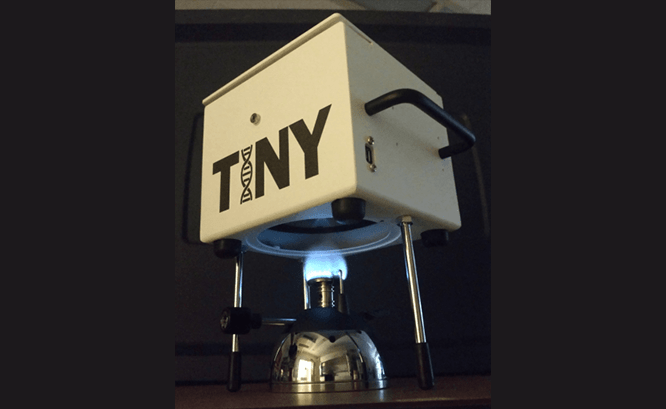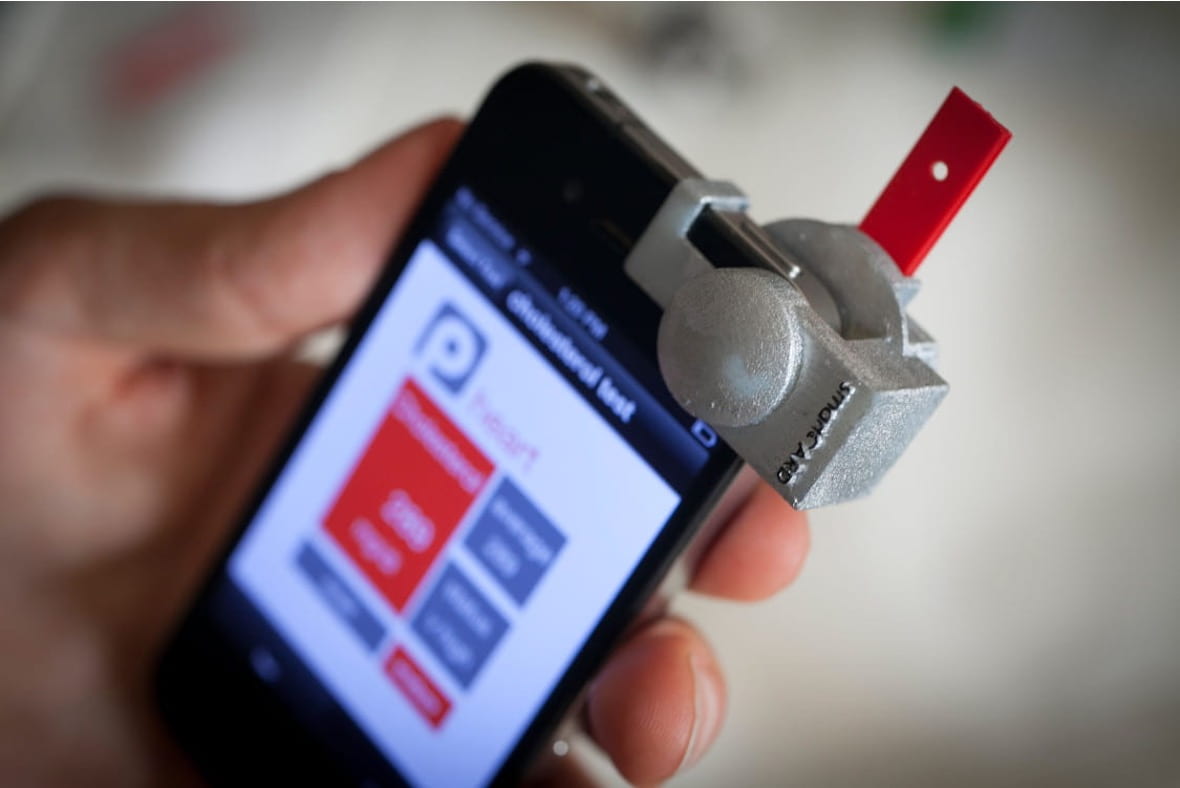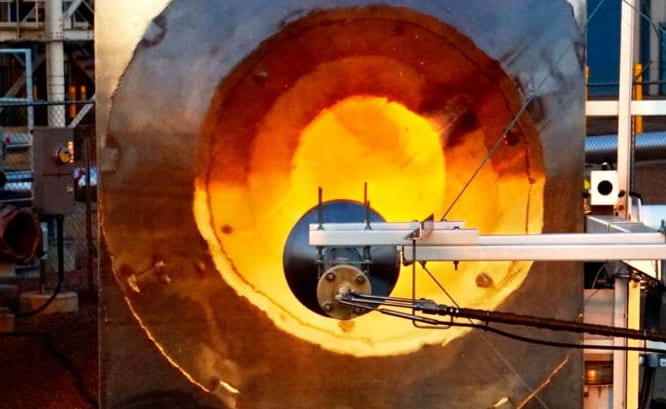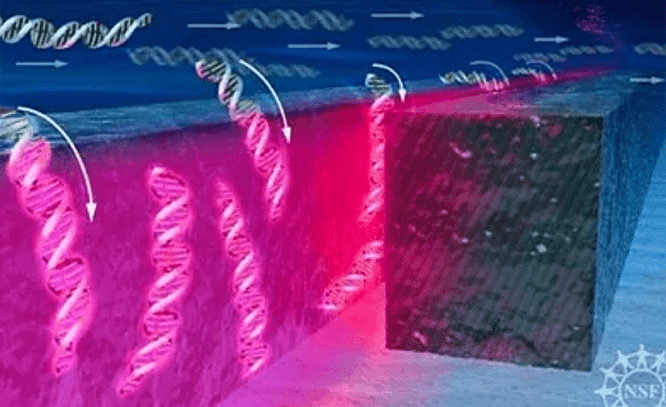Research Areas
Point-of-Care Diagnostics for Global and Mobile Health
Much of our recent work has focused on the development, validation, field testing, and commercialization of point of care diagnostic technologies for the differential diagnosis of febrile illnesses, quantification of antibiotic resistance, and some virus causing cancers. This need is particularly strong in limited resource settings where many traditional diagnostic tests are cost prohibitive, inaccessible, or difficult to obtain due to lack of pathologic capacity. We use several different approaches (including LAMP, lateral flow, and paper based colorimetric) as justified by the availability of infrastructure in their anticipated setting of use. Working with our local partners and international collaborators we have contributed a led to efforts to diagnose Kaposi’s Sarcoma in East Africa, differentially diagnose Dengue and Chikungunya infections in Ecuador, and more recent work on quantifying the antibiotic resistance of various strains of Carbapenem-resistant Enterobacteriaceae.

Precision Nutrition
You are what you eat. Our work in Precision Nutrition aims to develop tools that can help monitor the impact of diet on individuals and populations and provide feedback on how it impacts body chemistry. Working with Saurabh Mehta in the Division of Nutritional Sciences we have developed, among other technologies, the NutriPhone – a mobile diagnostics platform for monitoring individual vitamin and micronutrient levels like vitamins A, B12, D and iron. From a finger stick of blood, the NutriPhone is able to analyze and quantify a range of nutritional biomarkers and provide important and actionable health data to the customer in 10 minutes. Micronutrient insufficiencies affects 75% of US adults. For example, vitamin D deficiency is well known to play a role in bone disorders and iron deficiency is known to lead to a number of pathologies. Empowering people with a tool to monitor and track their individual status at home and obtain ‘instant’ low cost results can lead to early detection, rapid intervention, and consequently fewer major adverse events such as dementia, falls, and fractures along with improved quality of life.

Sustainability
Sustainability is at the core of much of our research but two areas we have focused on recently include the development of efficient photoreactors and precision agriculture. In the former of these we have developing transformative new designs for fuel producing photobioreactors that enable radically better light delivery and product extraction. These new ultracompact reactors can have significantly higher areal efficiencies, more efficient solar energy-to-photosynthetic product conversion, and dramatically lower operational energy costs and water usage. Our more recent work has focused on precision agriculture – working largely with Julio Giordano we have helped to develop new ways of monitoring and controlling the pregnancy cycle of dairy cows as part of the “Farm of the Future” effort and looking at methods for developing virtual fencing for limited resource settings.

Optofluidics and Nanomanipulation
Optical devices which incorporate liquids as a fundamental part of the structure can be traced as far back as the 18th century where rotating pools of mercury were put forth as a simple technique to create smooth mirrors for use in reflecting telescopes. Microfluidics has enabled the development of a present day equivalent of such devices centered on the marriage of fluidics and optics which we refer to as Optofluidics. We have explored several topics in this area including using near field optical devices to manipulate nanomaterials, developing fluidically reconfigurable photonic materials, creating novel diagnostic devices. For example we have been able to demonstrate new types of photonic devices that can handle materials as small as quantum dots and carbon nanotubes as well as biological materials like proteins and DNA.

